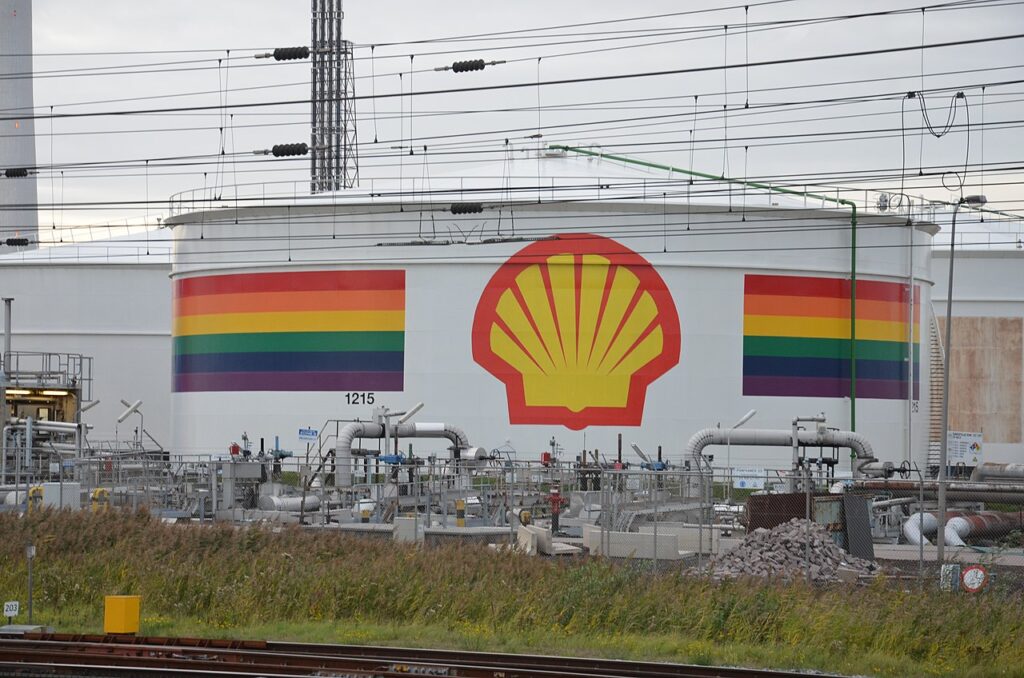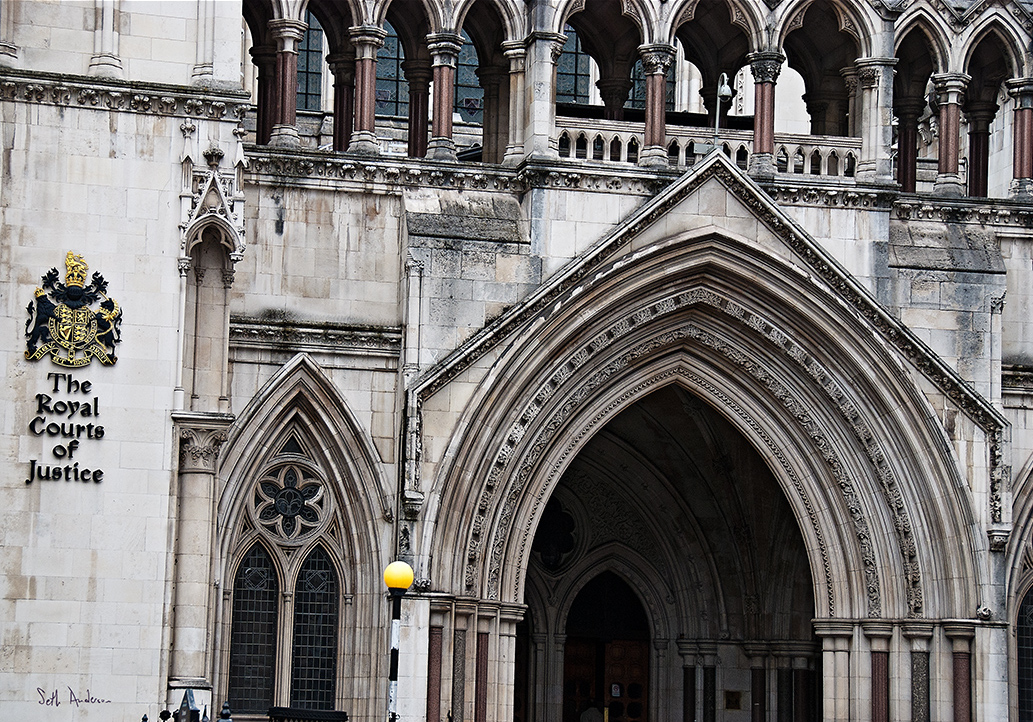Shell’s board of directors officially has been served with a world-first lawsuit aiming to hold its corporate directors personally liable for alleged mismanagement of climate risk. The lawsuit, filed Thursday by UK-based environmental law organization ClientEarth, contends that Shell’s strategy to address climate change and manage the energy transition fails to align with the objectives of the Paris Agreement and leaves the company in a vulnerable position as society shifts away from fossil fuels.
ClientEarth alleges that inadequate climate strategy by Shell and improper management by the board amounts to violations under the UK Companies Act. ClientEarth, itself a token shareholder in Shell, filed its case in the High Court of England and Wales in London and is suing the company’s 11 directors. Institutional investors with collective holdings of over 12 million shares in Shell are supporting the legal action, which comes on the heels of Shell reporting a record $40 billion in profits in 2022.
“Shell may be making record profits now due to the turmoil of the global energy market, but the writing is on the wall for fossil fuels long term,” ClientEarth senior lawyer Paul Benson said. “The shift to a low-carbon economy is not just inevitable, it’s already happening. Yet the Board is persisting with a transition strategy that is fundamentally flawed, leaving the company seriously exposed to the risks that climate change poses to Shell’s future success — despite the Board’s legal duty to manage those risks.”
This is the first ever case targeting a company’s board over its handling of climate risk and alleged failure to prepare for the energy transition. As DeSmog previously reported, it is likely just the beginning of such litigation against corporate directors.
Climate Litigation Piling up Against Shell
ClientEarth initiated this new lawsuit last year when it gave notice to Shell’s board of its intention to sue and is the latest in a string of legal actions seeking to hold the oil major accountable for its alleged climate and environmental misdeeds. Earlier this month the environmental and corporate accountability group Global Witness lodged a greenwashing complaint with the U.S. Securities and Exchange Commission claiming that Shell was misleading investors and authorities on its renewable energy spending.
That complaint came just days after more than 11,300 individuals and 17 institutions from the heavily polluted Nigerian community of Ogale sued Shell in the UK High Court, adding to existing legal claims filed in 2015 by 2,335 residents of the Nigerian community of Bille — bringing the total to over 13,000 people from the Niger Delta taking Shell to court. These claims are demanding damages from oil spills that have devastated the local communities and their environment.

And in May 2021 the Dutch chapter of Friends of the Earth, Milieudefensie, won a landmark climate court case against Shell claiming the company’s business was not aligned with the Paris Agreement’s goals and human rights obligations. The court ordered Shell to slash emissions across its entire supply chain by 45 percent by 2030. Shell is appealing the verdict and appears to be ignoring its duty to comply, as the company has publicly committed to reducing only part of its supply chain emissions — not those released from using their products — by 2030 while continuing to invest in new oil and gas development.
According to ClientEarth, Shell’s board “has since rebuffed parts of the verdict, indicating that it is unreasonable and essentially incompatible with Shell’s business.” The case against Shell’s board of directors aims to compel the company to comply with the Dutch court verdict and with its legal obligations under the UK Companies Act. Additionally, Shell faces a raft of climate lawsuits in the U.S. brought by states and municipalities over its alleged deception and efforts to derail meaningful climate action despite advanced knowledge of climate risks decades ago.
In response to the new lawsuit targeting the company’s directors, Shell denied that it has acted improperly and said it would oppose ClientEarth’s efforts to pursue its claim through the court.
“We do not accept ClientEarth’s allegations. Our directors have complied with their legal duties and have, at all times, acted in the best interests of the company,” a Shell spokesperson said in an emailed statement.
“We believe our climate targets are aligned with the more ambitious goal of the Paris Agreement: to limit the increase in the global average temperature to 1.5°C above pre-industrial levels,” the spokesperson continued. “Our shareholders strongly support the progress we are making on our energy transition strategy, with 80% voting in favour of this strategy at our last Annual General Meeting. ClientEarth’s attempt, by means of a derivative claim, to overturn the board’s policy as approved by our shareholders has no merit.”
Telling a Different Story Inside Shell
While Shell claims to support the Paris Agreement and says it will achieve net zero emissions by 2050, internal corporate communications obtained through subpoena by a U.S. congressional committee suggest that the company has no intention to genuinely pursue these objectives.
According to documents released in September by the U.S. House Oversight Committee as part of its investigation into Big Oil and climate disinformation, Shell privately urged caution in communicating about the energy transition due to litigation risk.
In an internal company slide deck on messaging around the energy transition, Shell clarifies that the net zero emissions goal is a “collective” ambition and challenge for society and is not a Shell goal or target. The company states that it “has no immediate plans to move to a net-zero emissions portfolio over our investment horizon of 10-20 years.”
Shell further advised its employees to refrain from suggesting the company would take climate action that risked its fundamental business strategy, writing: “Please do not give the impression that Shell is willing to reduce carbon dioxide emissions to levels that do not make business sense.”
In ClientEarth’s view, the oil giant’s failure to advance its own transition to net zero will only harm the company in the long run. “Long term, it is in the best interests of the company, its employees and its shareholders — as well as the planet — for Shell to reduce its emissions harder and faster than the Board is currently planning,” Benson said.
The High Court will next decide if it grants permission for ClientEarth’s case to proceed.
Subscribe to our newsletter
Stay up to date with DeSmog news and alerts







